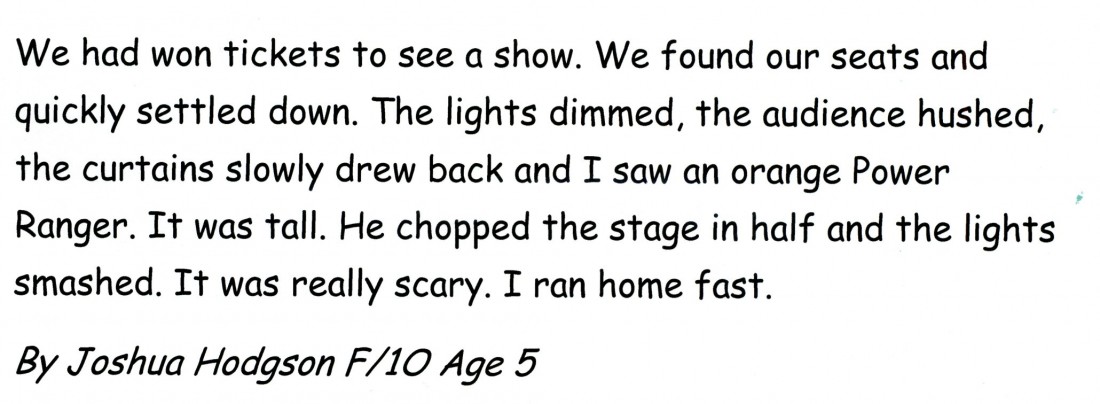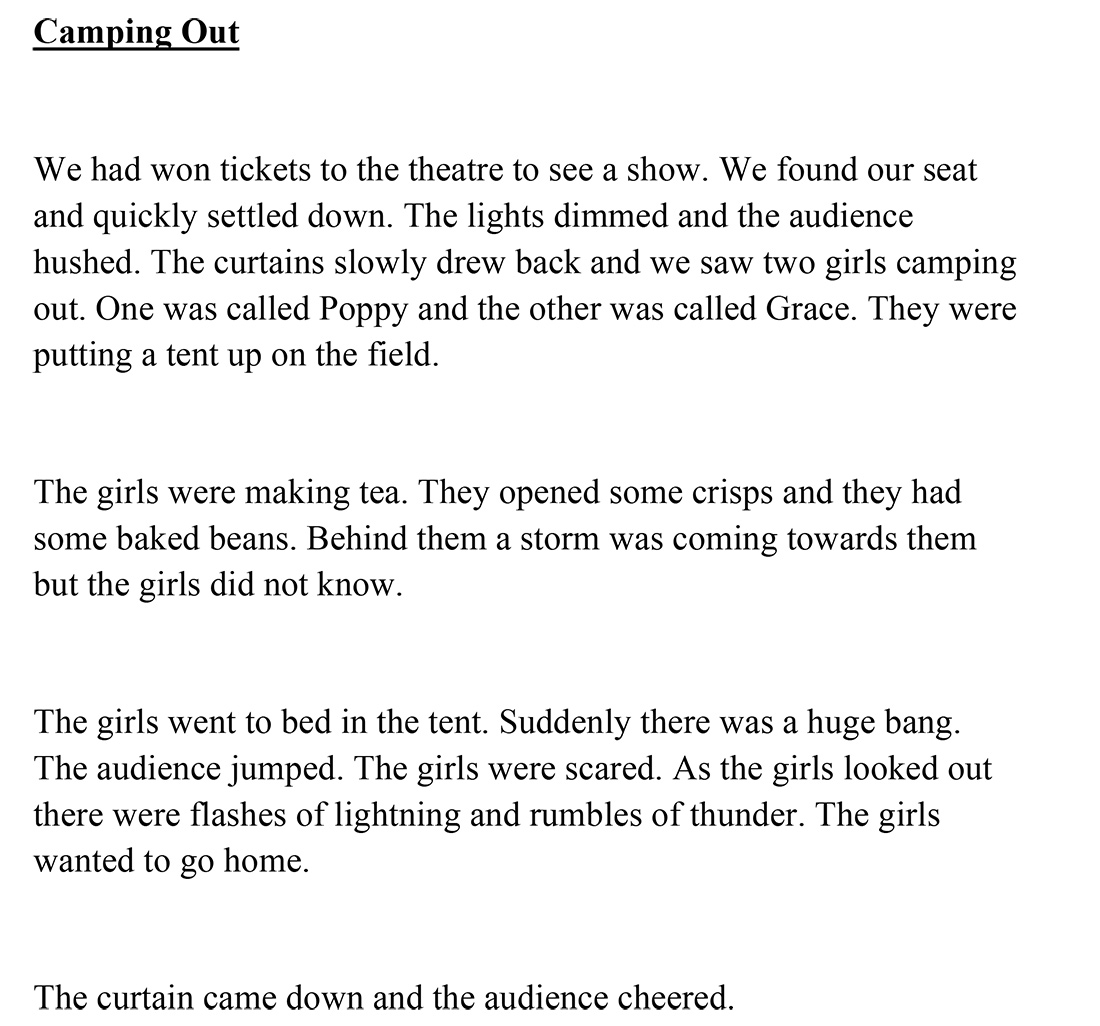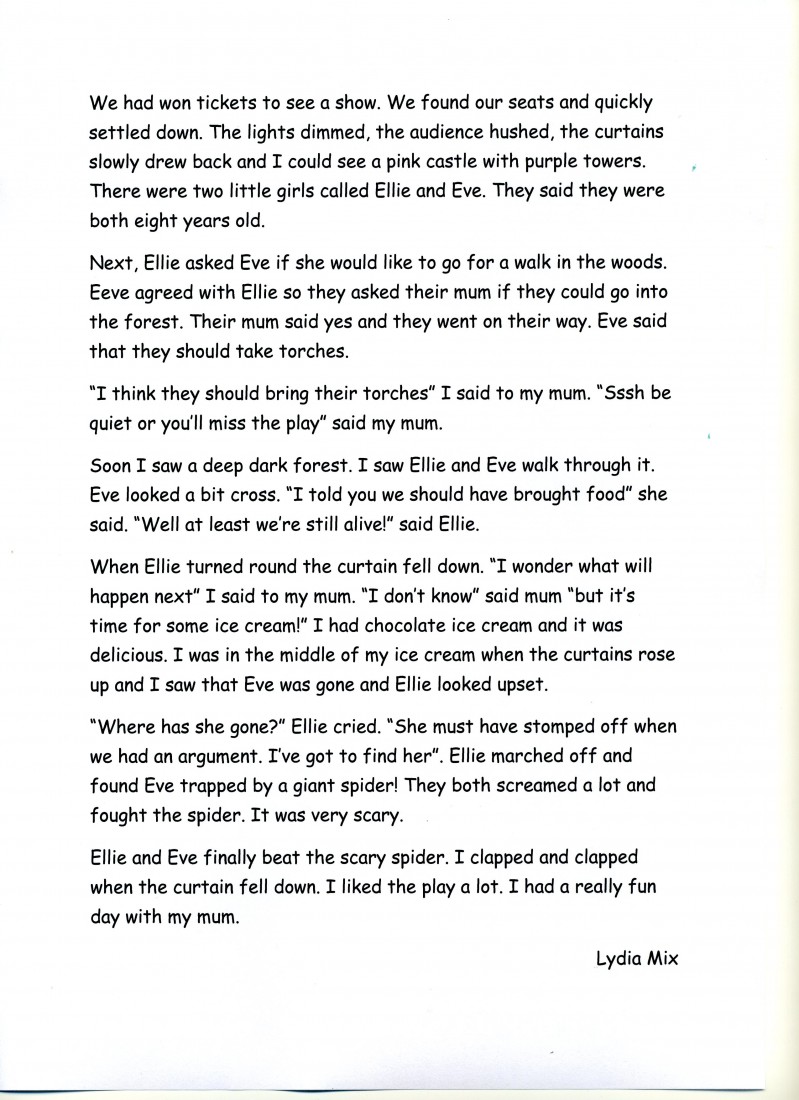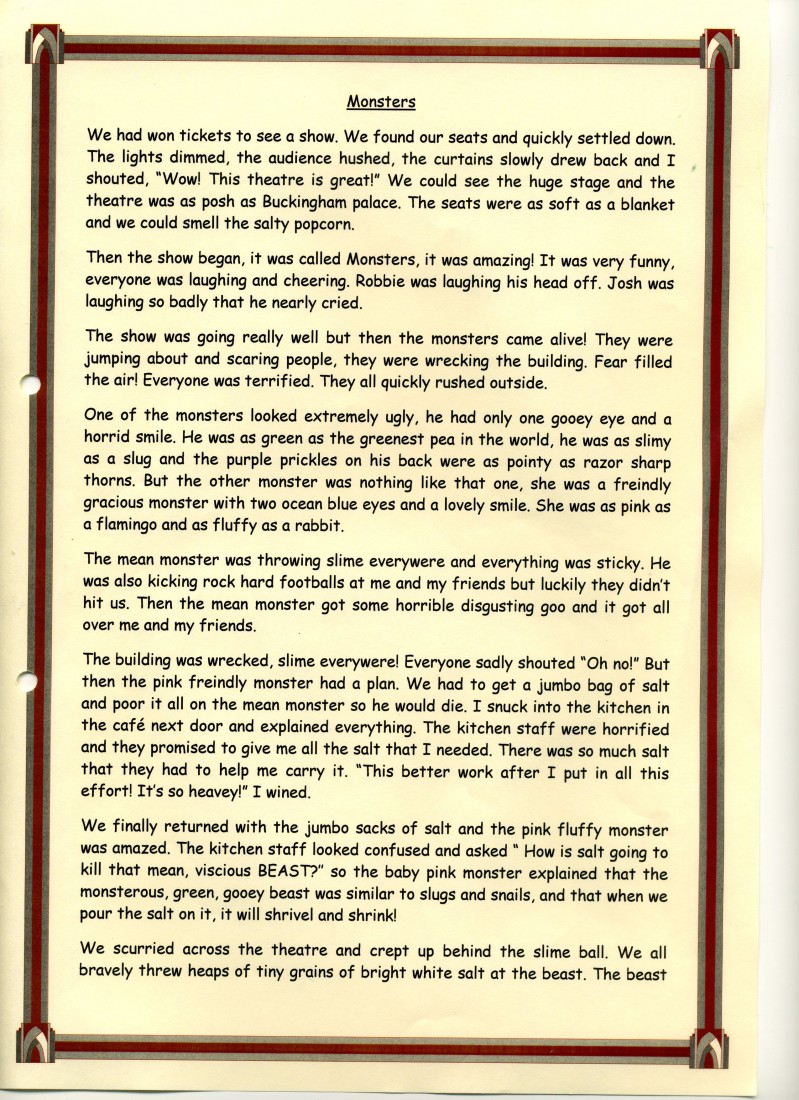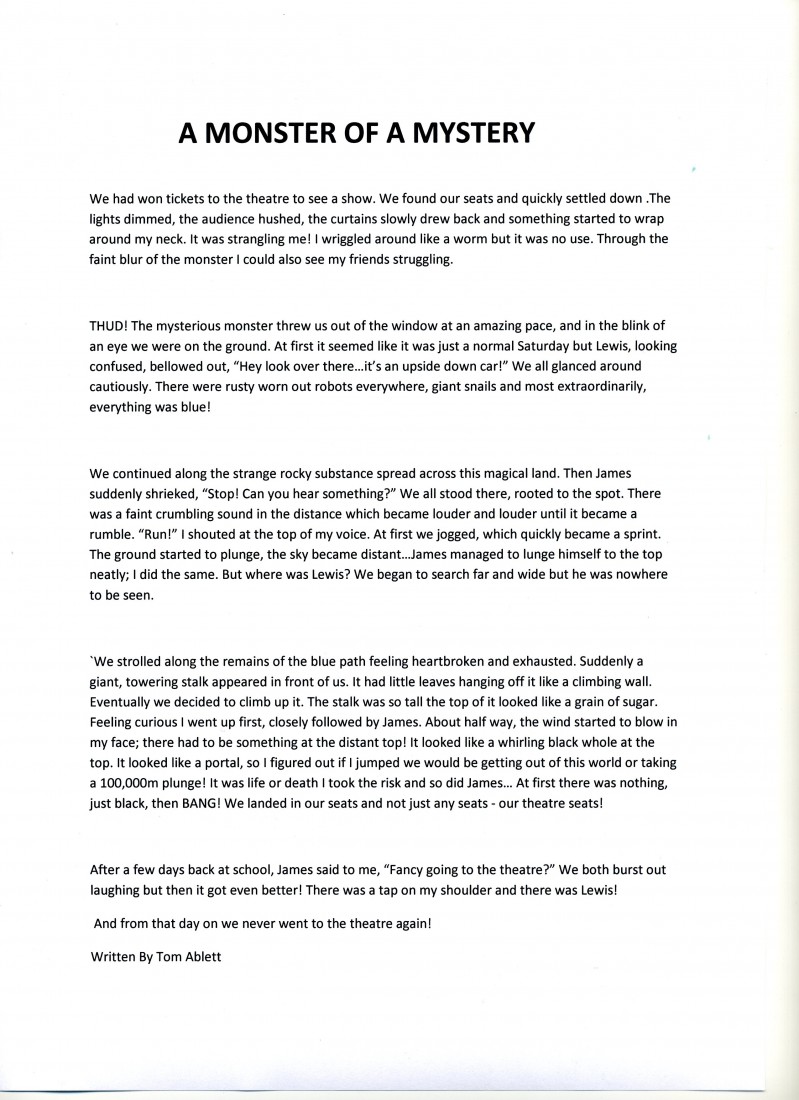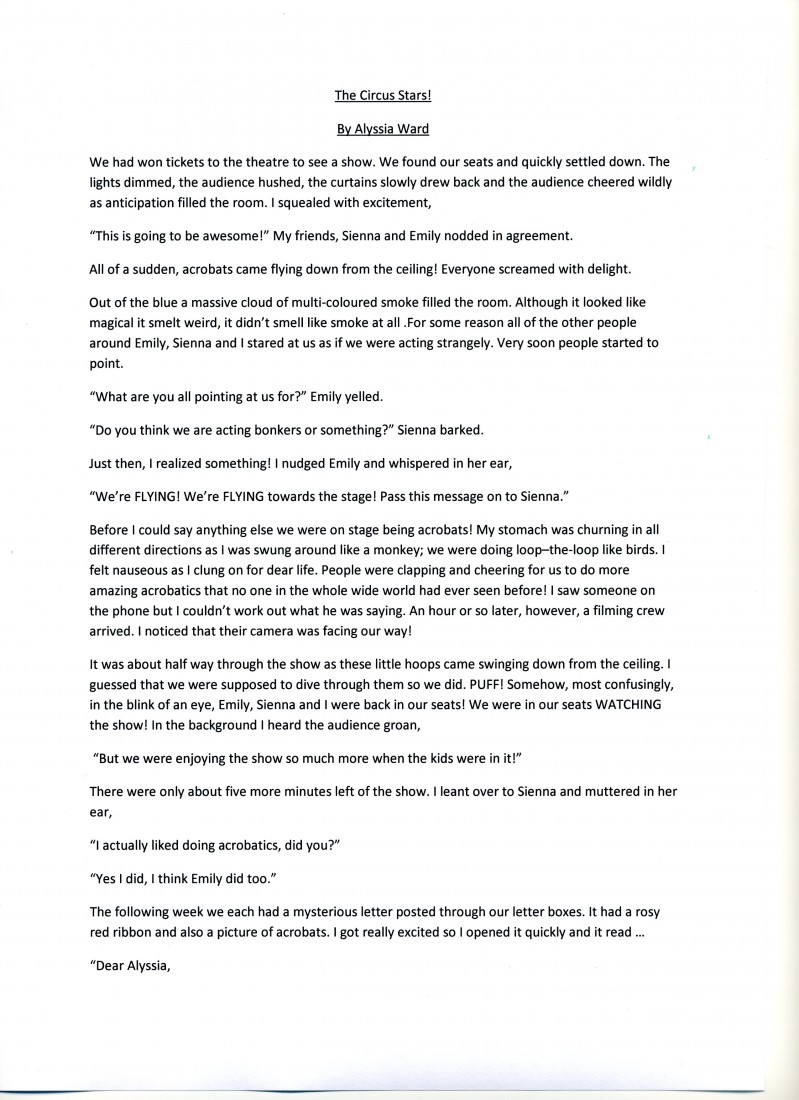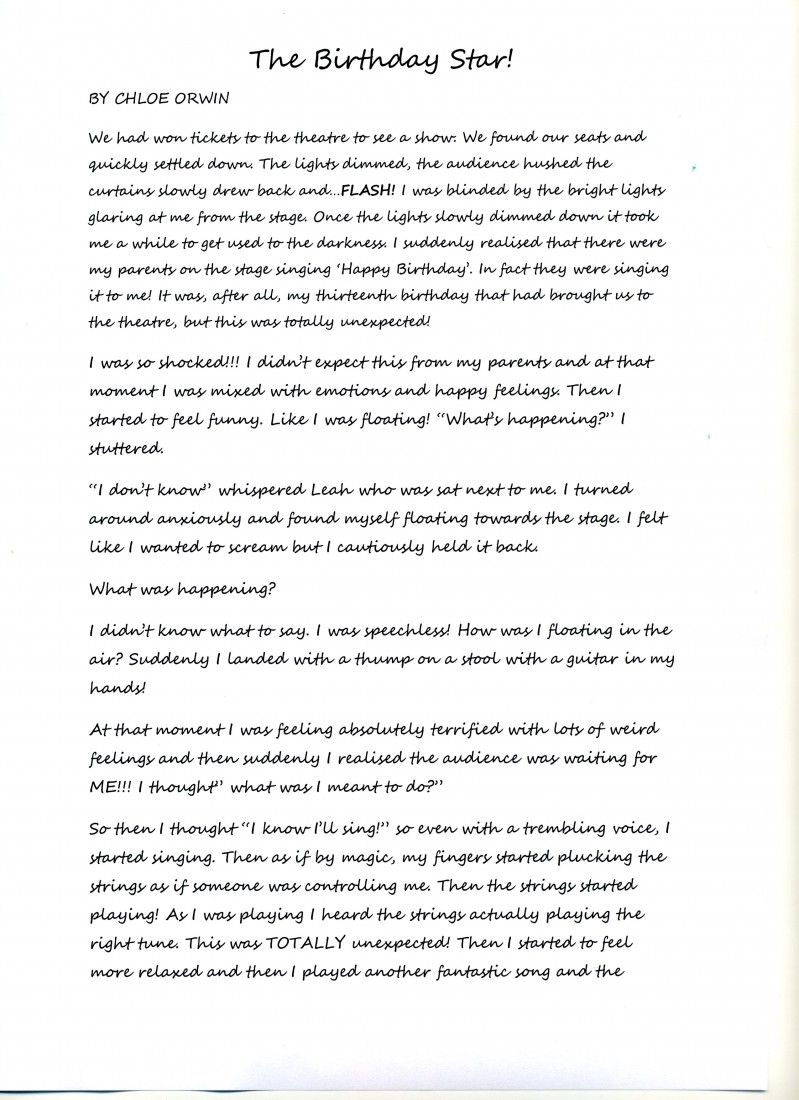English – Story Writing
Intent, Implementation and Impact
Subject Key Objective Progression & Development by Year Groups
The following is a guide to help you understand your child’s progression through school.
All lessons are differentiated. This means teachers plan activities that enable the objective to be learned by all children including those who will find the objective challenging, those children who with hard work will secure good progress and those children who can tackle extra stretch and challenge in this subject. This competition element covers the writing aspect of English.
Intent, Implementation and Impact
The curriculum is designed with our pupils and the Swinemoor community in mind.
It enables children to access and enhance their understanding of their home, their town and the wider community, developing their cultural capital and giving them opportunities and choices about their future and their impact as they progress through their school career and beyond.
This will help them become successful members of modern British society, preparing them for the challenges and opportunities.
English – Story Writing
EYFS: “They write simple sentences which can be read by themselves and others.”
KS1: “Writing narratives about personal experiences and those of others (real and fictional).”
KS2: “In narratives, describing settings, character and atmosphere.”
EYFS:
Beginning (T1)
Middle (T1)
End (T1)
KS1:
Characters (T2)
Setting (T2)
Narrative (T1)
KS2:
Plot/(Conflict/Problem) (T2)
Atmosphere (T3)
Resolution (T3)
Children may demonstrate an understanding of different culturally significant story writing styles and may use these as models for their own writing.
Children will increasingly develop the life skills essential to writing such as generating ideas, drafting, rereading and editing.
Children will understand how to communicate a narrative that progressively draws on their own personal experiences as well as their learning about their community, country and the wider world in a range of historical contexts.
What will be made, produced, performed, or published?
Children will demonstrate their understanding of how to create a story through a series of lessons culminating in the publication of a book (Swinemoor Stories) alongside an externally judged competition.
What knowledge will the children have embedded?
Children will be able to combine words into progressively complex narratives. They will gradually develop the settings, characters plot and atmosphere of a story. Their writing will be increasingly influenced by great works of fiction.
What retention may be demonstrated?
Here are some example questions that may be used to assess children’s understanding.
EYFS: What is your story about? Who is in your story? How does your story end?
KS1: Where is your story set? Tell me something about your characters.
KS2: What is the main conflict (problem) in your story? How have you resolved this? What atmosphere have you tried to create?

This collection of short films and resources will help you understand your child’s progression through school.
The curriculum film resource has been broken down by subject area initially and then by topic area.

